#Dubner
Text
Authors in Conversation: Miranda Dubner and Fox North
Authors in Conversation: Miranda Dubner and Fox North
Today on the site, please welcome Fox North, author of The Chaos Agents, which published this past October, and Miranda Dubner, author of The Spare, which released in April 2020, who are here to chat about taking queer historical subtext and making them straight-up text (no pun intended). More about the books at the bottom of the post, but let’s get to the conversation!
Miranda: Hello…
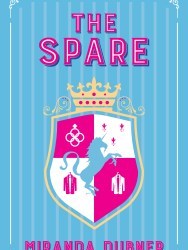
View On WordPress
5 notes
·
View notes
Text



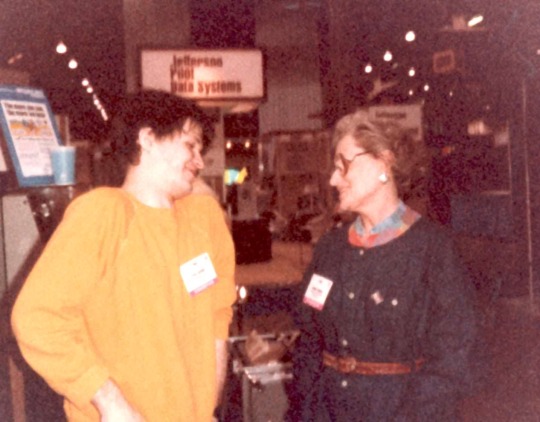



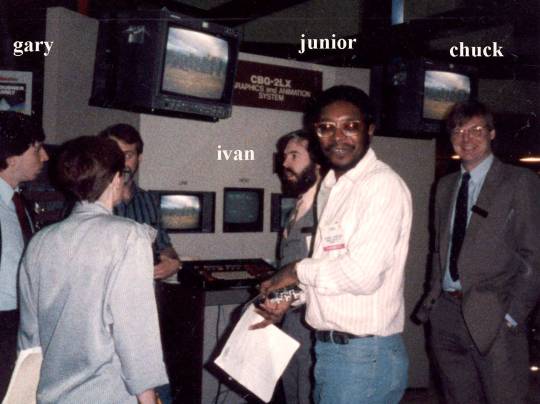







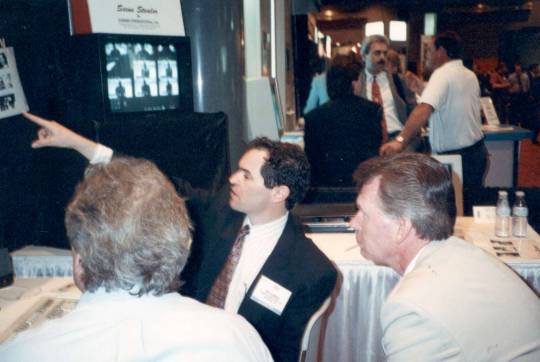
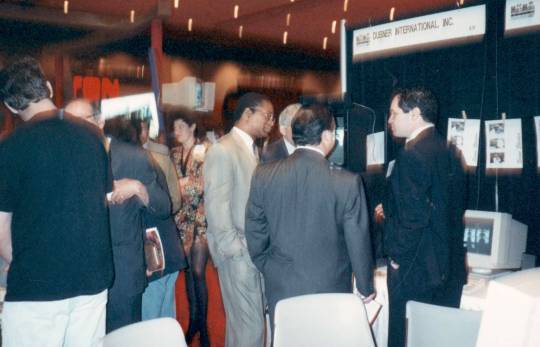

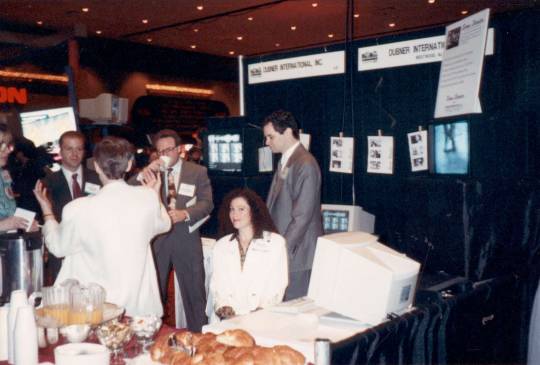









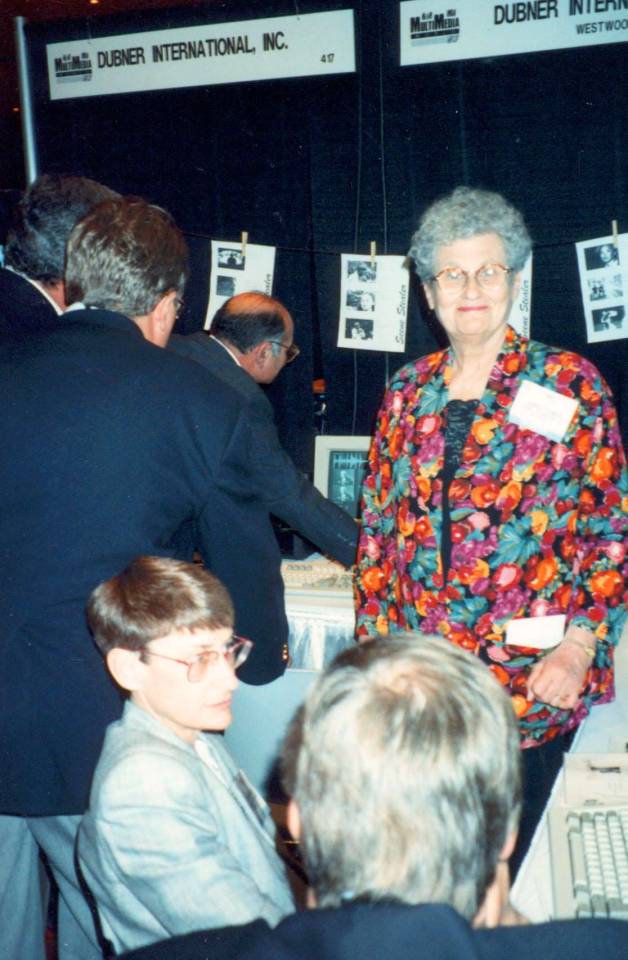
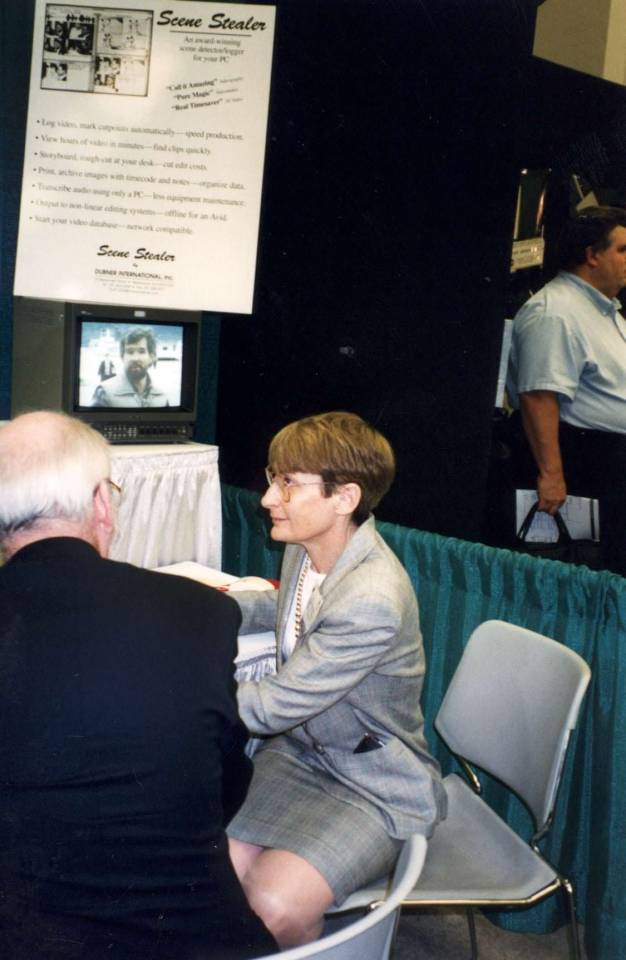
DUBNER SYSTEMS/Dubner Computer Systems/DUBNER INTERNATIONAL 1985 - 1995
2 notes
·
View notes
Text
When I first read the Dubner Conjecture, I thought it was saying that it was saying that every even number greater than 4208 was a sum of two twin primes within the same twin prime pair, which I then realized simply implied that the twin prime pair summing to even number x was just x/2 - 1, x/2 + 1, which I then realized implied that every number greater than 2103 was part of a twin prime, at which point I realized I had missed something about what the Dubner Conjecture actually said.
0 notes
Link
Worum geht es in dem Buch?
In den 1990er Jahren stieg die Gewaltkriminalität in Amerika an, und Experten sagten voraus, dass sie weiter stark ansteigen würde. Und dann, plötzlich, ging die Kriminalitätsrate zurück. Die Experten führten dies auf bessere Waffengesetze, eine bessere Polizeiarbeit und den Wirtschaftsboom zurück. Aber die Theorien waren falsch. Der wahre Grund war, dass 20 Jahre zuvor die Abtreibung legal wurde. Und es wurden keine Kinder mehr geboren, die in einem ungünstigen Umfeld geboren wurden und daher eher kriminell werden konnten.
Darum geht es in "Freakonomics" des Wirtschaftswissenschaftlers Steven D. Levitt und dem Journalisten Stephen J. Dubner geht es genau darum. Es betrachtet die Welt und wie sie funktioniert wie sie funktioniert, indem es "die verborgene Seite von allem" erforscht. Es stellt die konventionelle Weisheit in Frage und beweist, dass sie oft falsch ist.
Er stellt neue, interessante Fragen, über die die meisten Wirtschaftswissenschaftler nicht einmal nachdenken würden, wie zum Beispiel: Wenn Drogendealer so viel Geld haben, warum leben sie dann noch bei ihren Müttern? Oder was ist gefährlicher: eine Waffe oder ein Swimmingpool?
Die verborgene Seite von allem
Für Levitt repräsentiert die Moral die Art und Weise, wie die Menschen die Welt funktionieren soll. Die Ökonomie stellt dar, wie die Welt tatsächlich funktioniert. Also erstens, bietet das Buch fünf grundlegende Einsichten anhand der Wirtschaftswissenschaften.
Anreize sind der Eckpfeiler des modernen Lebens. Sie zu verstehen ist der Schlüssel zur Lösung jedes Rätsels über menschliches Verhalten oder Ereignisse.
Die herkömmliche Weisheit ist oft falsch. Während wir Erklärungen und Theorien von Experten oft als Tatsache akzeptieren, sind diese oft überhaupt nicht wissenschaftlich. So ist beispielsweise nicht bewiesen, dass das Trinken von acht Gläsern Wasser pro Tag etwas für die Gesundheit bringt.
Dramatische Effekte oder Ereignisse haben oft weit entfernte, sogar subtile Ursachen. So wurde beispielsweise der Rückgang der Kriminalitätsrate nicht durch die jüngsten polizeilichen Maßnahmen verursacht, sondern durch das zwei Jahrzehnte zuvor verabschiedete Abtreibungsgesetz.
Experten nutzen ihren Informationsvorsprung, um ihre eigene Agenda zu verfolgen. Von Immobilienmaklern bis hin zu Wissenschaftlern haben die meisten Experten ihre eigene Voreingenommenheit zugunsten des Eigeninteresses. Das bedeutet, dass sie nicht immer Ihr bestes Interesse in den Vordergrund stellen.
Wenn man weiß, was man messen kann und wie man es misst, wird eine komplizierte Welt viel weniger kompliziert. Das bedeutet, dass die moderne Welt trotz ihres Chaos und ihrer scheinbaren Unvorhersehbarkeit verständlich ist, wenn wir lernen, die Daten auf die richtige Weise zu betrachten.
"Die konventionelle Weisheit ist oft falsch".
- Steven D. Levitt #Freakonomics
0 notes
Note
Door, I come to you in my hour of need with an extremely specific ask, because I have what feels like an apparently very niche desire for any [and I do mean ANY] fiction where the [preferably fictional. Tbh.] leader of a country has a big sexy gay love affair. Yes this is because I watched love actually and spent the entire time thinking about how much I wanted to suck Hugh Grant's dick. Help me please.
alright bud i’ve had this in my asks since mid-december and i’m pleased to report that my pal @morethanslightly has something for you:
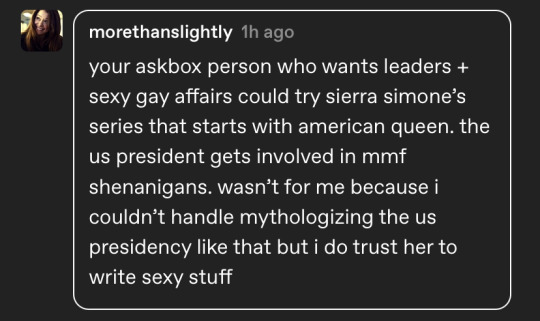
the only thing i’ve got is the spare by miranda dubner, which is more a royal family soap than a romance novel but one of the threadlines IS the prince of wales falling for his bodyguard, so.
sorry to have left you hanging for so long but im afraid this is not an area of interest which you and i share
22 notes
·
View notes
Text
“Solving a problem is hard enough; it gets that much harder if you’ve decided beforehand it can’t be done”
Steven D. Levitt & Stephen J. Dubner
#quotes#tips#motivation#business#inspiration#leadership#explore#foryou#success#trending#self improvement#follow#following#viral#customers#followers#decision making#problemsolving#fypage
201 notes
·
View notes
Text
Finding My Way To Economics

Suki here,
Many moons ago, when I was a mere 15 years old, I was choosing my A-Levels. I went looking for a shiny new subject that would combine all my skills and interests. Would it be sociology, psychology or maybe even business studies? Those classic subjects that all prospective A-Level students seem attracted to.
To find the answer to my question, I decided to research the subjects I found most enjoyable and the ones that would go best with maths. The first place I decided to look was in my school library where I knew there were magazines designed specifically to help people choose their A-Levels. Having looked through several publications, while I found them all interesting, it wasn't until I picked up the November 2020 issue of Economics Review that I was truly entranced.
I stumbled upon an article that talked about the economics of pubs and evaluated their declining numbers. First the page examined some of the key economic issues involving the pub industry and then ended with a question: Should their fate be left to the market, or should the government intervene? I found this discussion very fascinating because I had rarely thought of the world through an economic lens much before, other than in geography case studies (which looking back, I enjoyed the most). The article introduced new themes to me like division of labour through the pin analogy from Adam Smith (Wealth of Nations) and how it can improve productivity. It also touched on topics like economies of scale and oligopolies. It was all so exciting and interesting, I found out there was a whole secret world behind the one I thought I lived in, and I was desperate to learn more.
To advance my knowledge in this subject I decided to find a book to read. After having googled economics books for beginners, I found myself enticed by Freakonomics by Stephen J. Dubner and Steven Levitt. I thoroughly enjoyed it as an introduction to economics because its humorous notes made it very entertaining. The authors also did an excellent job at helping me understand statistical concepts at an intuitive level, and how I could use the concepts to better understand the real-world problems discussed in the book.
After more research into the subject, I found out that not only did economics consist of microeconomics; the branch of economics that considers the behaviour of decision takers within the economy, such as individuals, households and firms, but also macroeconomics; the study of the actions governments and countries take to influence broader economies. So, this was where I decided to research next. At the time, ChatGPT had just been released and I was fascinated to know how this would affect the labour market. As part of my English GCSE coursework, we were assigned to write a speech on a subject of our choosing so long as it was compelling and interesting so then I decided to pick the topic The Economic Impact of AI. (I will upload this speech at a later date with current insights and reflections alongside).
Now I'm a 16-year-old amid my A-Levels; Economics, Maths, Further Maths, Computer Science. I'm getting stuck in and learning a lot.
2 notes
·
View notes
Note
Caramel Macchiato & Iced Coffee!
Caramel Macchiato : You’re travelling the entire world but you can only take one person with you. Who do you take?
Ngl my greatest guilty pleasure dream is to spend the rest of my life traveling the world by myself 😌... so I'll say my adorable bird plushie, Pi!
Iced Coffee : Do you like reading? If so, what’s your favorite book?
I do like reading! Sadly I don't do it as much as I would like... my favorite books tend to be those with lots of little tidbits and info about a wide range of subjects. I liked What If? by Randall Munroe (it's comedy, but it also has science facts) and Freakonomics by Levitt & Dubner!
5 notes
·
View notes
Text
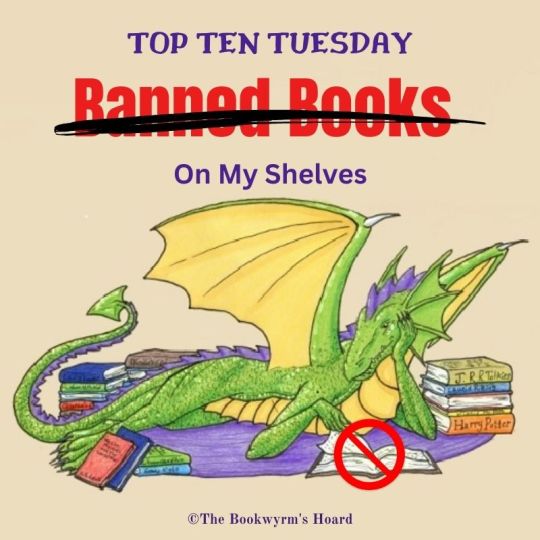

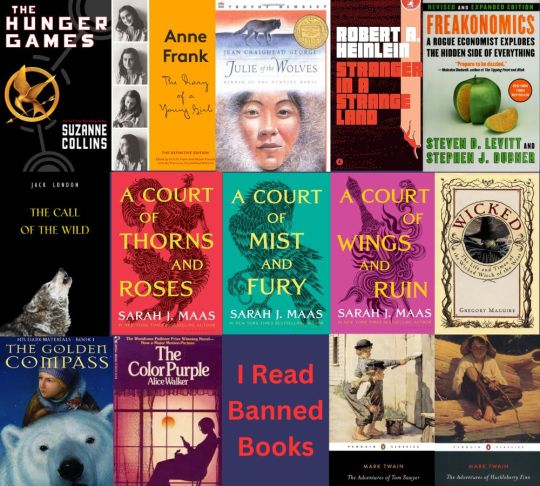
Banned Books On My Shelves
Today’s official topic is Reading Goals I Still Want to Accomplish Before the End of the Year, but this is Banned Books Week, so I’m going rogue with Banned Books On My Shelves.
All of the books on this page have been banned or challenged in schools or public libraries at some point in my lifetime. Mind you, I haven’t listed all the banned/challenged books I have read over the years, including recently; that would be a longer list. These are just the books I currently own, either in print or digital versions. I have loved some of these and consider them keepers, and I’m looking forward to reading the others.
Print books
How To Be an Antiracist (Ibram X. Kendi)
The Last Herald-Mage trilogy (Mercedes Lackey) (not pictured because I forgot to grab it off the shelf!)
To Kill a Mocking Bird (Harper Lee)
A Wrinkle in Time (Madeleine L’Engle)
The Lion, the Witch, and the Wardrobe (C. S. Lewis)
Island of the Blue Dolphins (Scot O’Dell)
Harry Potter and the Sorcerer’s Stone (J. K. Rowling) (and the whole series)
The Lord of the Rings (J. R. R. Tolkien)
The Book Thief (Markus Zuzak)
Book banners today focus on books with LGBTQIA+ content, sexually explicit books, and books that discuss race or feature BIPOC characters (Black, Indigenous, and People of Color.) Back in the ’90s and noughts, there were complaints from some conservative Christians about characters who were witches or practiced magic… hence the efforts to remove the Harry Potter books, The Lion, the Witch, and the Wardrobe, and The Lord of the Rings. (Never mind that the Narnia books are thinly disguised Christian allegory!) And of course, not all challenges come from the right; the left has challenged books which use racial slurs or contain racist attitudes, like To Kill a Mockingbird and Huckleberry Finn (listed below.)
Digital books (Kindle or audio)
The Hunger Games (Suzanne Collins)
Anne Frank: The Diary of a Young Girl (Anne Frank)
Julie of the Wolves (Jean Craighead George)
Stranger in a Strange Land (Heinlein)
Freakonomics (Levitt and Dubner)
The Call of the Wild (London)
A Court of Thorns and Roses (Maas)
A Court of Mist and Fury (Maas)
A Court of Wings and Ruin (Maas)
Wicked (Maguire)
The Golden Compass (Pullman)
The Adventures of Tom Sawyer (Twain)
The Adventures of Huckleberry Finn (Twain)
The Color Purple (Walker)
I also have digital editions of most of the books I own in print.
Do you own any banned or challenged books?
2 notes
·
View notes
Text
TBR Bingo Finnish!

It took more than the summer just because I was waiting on some holds, but here I stand, ready to enter the Month of Reading with a new Bingo card! If you want the full list of what I read, that is below the cut. I highly recommend just about every book on it.
My favorite new author surprised me.
Stephen Graham Jones is a Native Author and the book The Only Good Indians is a Native horror story. Now, I don't read horror, which is why this being my favorite surprised me. In fact, this was my first ever horror novel so I can't say how it compares to anyone else popular in the field. I can say that being a Native story it very much has that this is the horror WE would experience feel to it. By this I mean I doubt an author of any other background could capture this story as well. There was an emotional element to it that I can't really put a finger on. Just so well written. I'm going to read his other books when I can get my hands on them.
Nonfiction: Unbroken, by Laura Hillenbrand
Blue Cover: King’s Cage, by Victoria Aveyard
Woods or Trees: In The Woods, by Tana French
Family: A Long Petal Of The Sea, by Isabel Allende
Fantasy: Red Queen, by Victoria Aveyard
Animals: The Cat Who Saved Books, by Sosuke Matsukawa
Sports: My Year Of The Racehorse, by Kevin Chong
Realistic Fiction: A Very Typical Family, by Sierra Godfrey
Water: The Bookshop On The Shore, by Jenny Colgan
Paper Book: Rubyfruit Jungle, by Rita Mae Brown
Comedy: The Road To Roswell, by Connie Willis
Graphic Novel: Saga, by Brian K. Vaughn
Free Space: War Storm, by Victoria Aveyard
Fiction: Bluebird, Bluebird, by Atiica Locke
Red Cover: Cemetery Boys, by Aiden Thomas
Sailing: The Girl From Everywhere, by Heidi Heilig
Time: Opposite of Always, by Justin A Reynolds
Native Author: Crooked Hallelujah, by Kelli Jo Ford
Kindle: Song of My Soul, by Ginny Aiken
Orange Cover: Genesis Begins Again, by Alicia D. Williams
Food: Tastes Like War, by Grace M. Cho
Real Person: The Forgotten Founding Father, by Joshua Kendall
Vacation: The Only Good Indians, by
Historical Fiction: Even As We Breathe, by Annette Saunooke Clapsaddle
Audio Book: When to Rob a Bank, by Steven D. Levitt and Stephen J. Dubner
2 notes
·
View notes
Note
Any books/courses/websites you can offer to economically illiterate? Now that the economy's fucked and I'll enter the work force soon, I'd like to actually understand what the news is saying :v Yes, I've been very sheltered lol
As far as books go; I’d recommend anything by:
Thomas Sowell
Milton Friedman
Ludwig von Mises
Then some good specific reads in my opinion:
Wealth of Nations by Adam Smith
The Communist Manifesto by Friedrich Engels and Karl Marx
Freakonomics by Stephen J. Dubner and Steven Levitt
As for as how to best educate yourself on current economic issues/news; I would say the best way is to identify a topic that interests you and research down the rabbit hole.
27 notes
·
View notes
Text
He turned down nearly all interview requests. In 1999, however, he sat down with Time Magazine’s Stephen J. Dubner, who pointed out that anarchists saw him as a hero.
Kaczynski was flattered but largely unimpressed.
“A lot of these people are just irrational,” he said.
4 notes
·
View notes
Photo
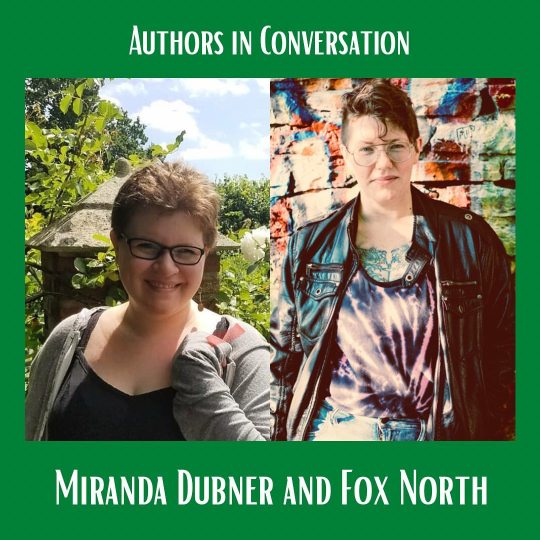
Have you checked out our most recent Authors in Conversation, starring Miranda Dubner and @f.foxnorth? If not, head on over to the site to check it out and learn all about their books! #LGBTQReads #AuthorsOfInstagram #AuthorsInConversation
https://www.instagram.com/p/CmsKezZrdfl/?igshid=NGJjMDIxMWI=
9 notes
·
View notes
Text
tagged by @ichabodcranemills to list my favorite reads since september! now im gonna cheat a bit bc i havent Finished a book since september and thats just not fun :') so since june:

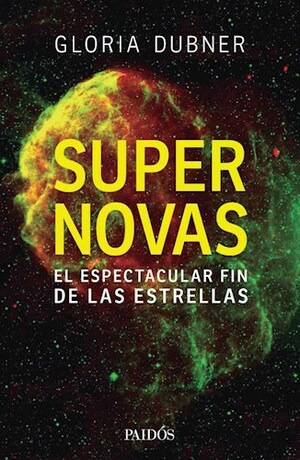

Miles the ojos (thousands of eyes) - Maximiliano Barrientos bizarre mix of crash (ballard/cronenberg) and mad max ft speed & vehicle accident cults and heavy metal. the book is separated in three connected stories and its a VERY interesting read!
Supernovas - Gloria Dubner non fiction book about supernovas mainly, but also other kind of stars and celestial phenomena too ☄
Los años de peregrinación del chico sin color (Colorless tsukuru tazaki and his years of pilgrimage) - Haruki Murakami given an ultimatum by a woman he's interested, a man searches for the reasons of a traumatic event from his past, basically. I've read this book SO FAST (9 days! according to storygraph), and while i have some critiques overall ive enjoyed it immensely u_u ♥
tagging @thefuturewithoutus, @gemsofthegalaxy, @ibuprofengirl, @aro-oak, @activatedsludge, @elsinoregirl, @brambletea and everyone else that wants to gush about books ♥
#thank you!!!#tani's personal shit#for ref generally it takes me months to finish any book bc im always doing Stuff. so nine days is NOTHING
5 notes
·
View notes
Text
Freakonomics and Cancer Treatment
Economist Steven Levitt and writer Stephen Dubner are two awesome dudes who teamed up to write two of my favorite books in the last few years: …Freakonomics and Cancer Treatment

View On WordPress
4 notes
·
View notes